Composing a traditional Iranian opera using the Iranian modal system, dastgāh, has always been my dream. I first approached this by composing an opera called Ashura followed by the operas Rumi and Hafez. I believe that in order to attract an international audience for Iranian opera, it is essential to fuse dastgāh with Western classical forms.
Tag Archives: Rumi
Latest posts
- Transition to Enlightenment: Six Lectures on Mozart’s String Quartets (5)
- Nasser Masoudi: The Voice of Gilan and a Legacy of Iranian Music
- Farhad Poupel: The Voice of the Shahnameh in the Orchestras Around the World
- Five Major Myths About Mozart’s Life
- Bahma Rajabi Passed Away!
- Reza Vohdani; Unveiling unpublished works, preservation of Iranian classical music
- Ahmad Pejman Passed Away!
- Timeless or Timely: The Role of Historical Context in Defining Artistic Value
- Leading the Charge in Censorship
- The Legacy of Khosrow Jafarzadeh
- Transition to Enlightenment: Six Lectures on Mozart’s String Quartets (4)
- Fereydoun Shahbazian, An Iranian Musical Icon Passed Away
From Past Days…

The Structure of Kurdistan Daf (III)
“Our ancestors believe powerful blows upon the Daf scatters evil spirits of disease and distress to create a clean and holy space filled with health and prosperity. Adding tools to Daf increases this instrument’s purification, spreading, and summoning powers of evil forces and goddesses. Daf was mostly depicted by red, color of blood, in ancient times or sometimes it was depicted with green, the color of plants and nature. There were probably some mysterious designs painted upon the wooden body and frames of these instruments just like today” (Pahlavan, 2013: 44).

Iranian Fallacies – School of Vaziri
The term “School of Vaziri” is often used in writings on Iranian music, but the exact meaning of the term is not clear; some of the authors have used the term to only refer to the group of Vaziri’s students, including a large group of his conservatory students and his Tar students such as Abolhassan Saba, Rouhollah Khaleghi, Ahmad Foroutan Rad, Hossein Sanjari, Heshmat Sanjari and others. But can we consider all Vaziri’s students as followers of his school of thought? This is definitely a mistake, because we know that some of Vaziri’s students have chosen a completely different path than that of Vaziri.
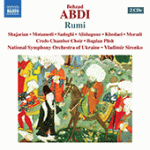
Behzad Abdi’s opera Rumi was physically released by Naxos
Composing a traditional Iranian opera using the Iranian modal system, dastgāh, has always been my dream. I first approached this by composing an opera called Ashura followed by the operas Rumi and Hafez. I believe that in order to attract an international audience for Iranian opera, it is essential to fuse dastgāh with Western classical forms.
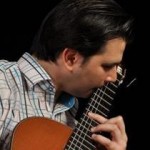
New Technique for Playing Classical Guitar (I)
Joint application of the two techniques of “Lip” and “Nose” could be effectively applied for hearing and playing far-away intervals, by the Classical Guitar. Before this, a Classical Guitar player had to waive playing intervals not possible with the left hand, and had to replace or eliminate some notes, making it possible to play such intervals; specifically the capability of the left hand of the musician, was also a factor in such a selection. These methods are hereby illustrated by photographs and a video-file, in order to provide optimum comprehension of applying these methods, invented by the author; specifically the “Lip” technique, which is considered to be a more significant technique, emphasized by the author.

Polyphony in Iranian Music (V)
In addition to the above-mentioned, polyphony can be also formed when a melody is performed by several singers in different ambiances or different sound registers according to their physiologic abilities. An example of this has been performed in rituals of Khanqah of Ghaderi darawish of Mahabad[i].
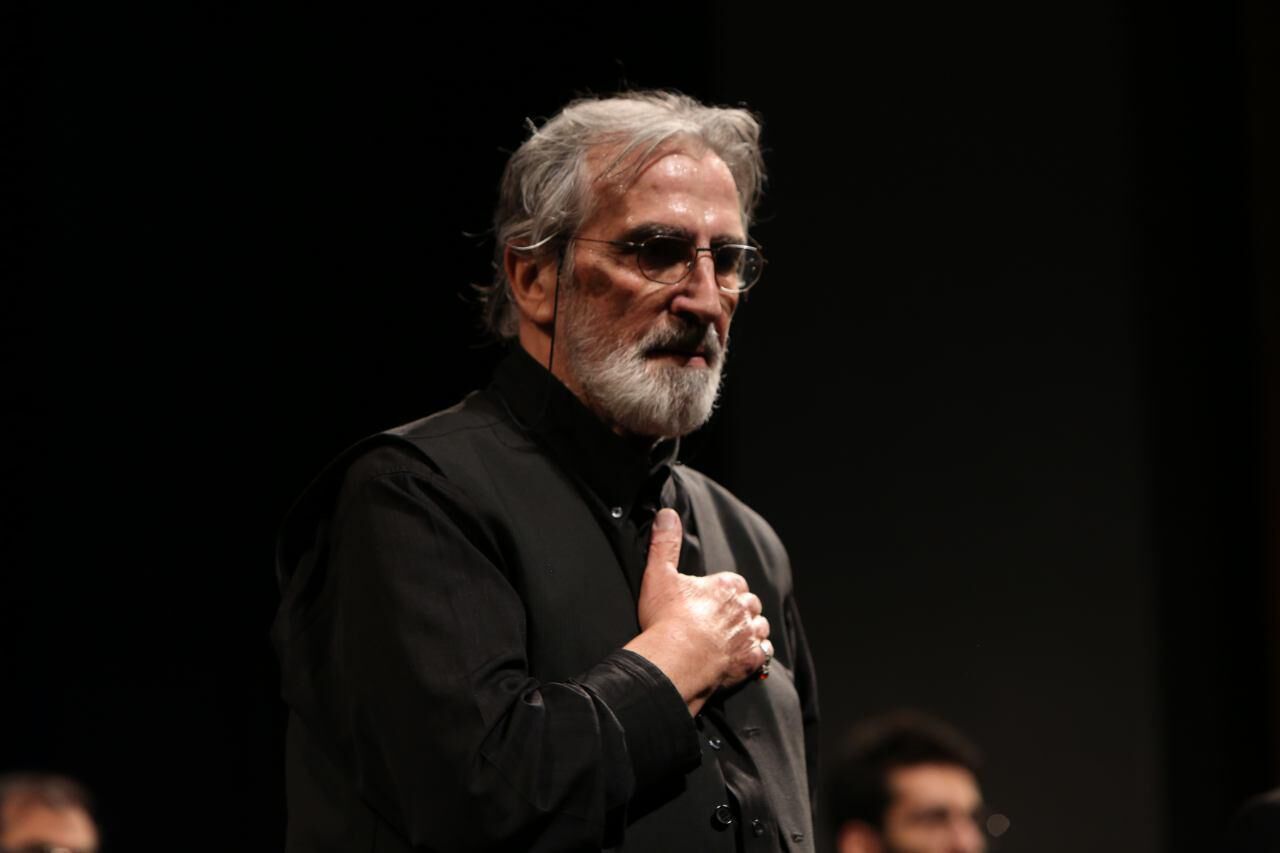
Fereydoun Shahbazian, An Iranian Musical Icon Passed Away
Fereydoun Shahbazian, the renowned Iranian composer, passed away at the age of 82 due to respiratory illness in Tehran. His last significant activity was leading the National Orchestra before the appointment of Homayoun Rahimian.

A brief examination of Ardavan Kamkar’s Santour playing style
I still think of those fish in a crystal bowl for the Haft sin table and those disappointed old men who went out to sell blackfish.
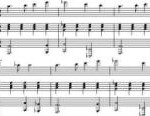
Iranian Fallacies: Iranian Chords
Finding a way to harmonize the Iranian music has been the subject of controversy among Iranian musicians for a long time. Some believe in the creation of harmonies for Iranian music based on a method which is similar to the tierce harmony; while others have either selected or invented some other methods. There are also some musicians who do not basically agree with the harmonization of the Iranian music.

The Structure of Kurdistan Daf (VI)
Researcher: Mohammad Tarighat Translator: Fatemeh Alimohammadi Hooks and attached rings: The junction of the ring to the arch is about 3 centimeters from the skin. The ring with its side rings should be as far as the diameter of a ring (about one and a half to one and eight centimeters) to make a proper…
Read More
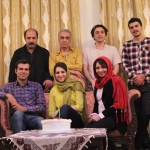
HarmonyTalk Celebrates 11th Anniversary
April 6 marks the anniversary of launching HarmonyTalk.com. Back in 2004, HarmonyTalk was rather a blog dedicated to music. Gradually, however, it found its way to becoming a more sophisticated journal with an intensive but not exclusive concentration on classical music.